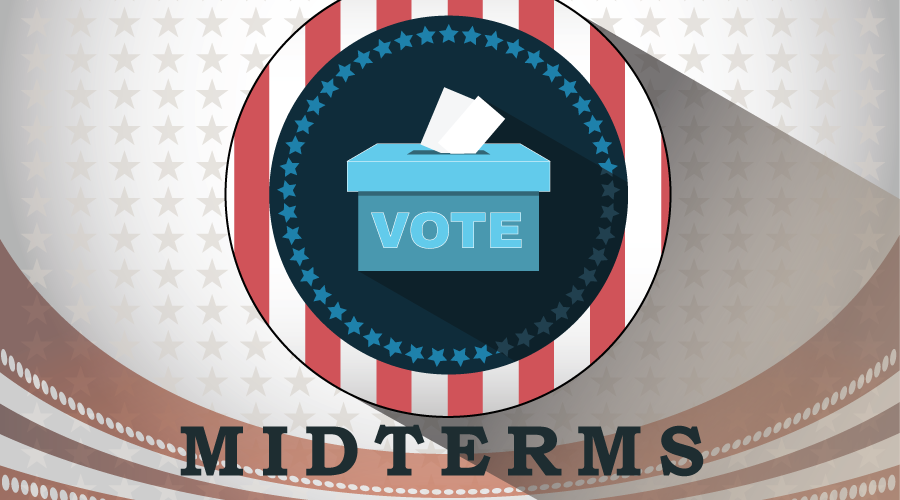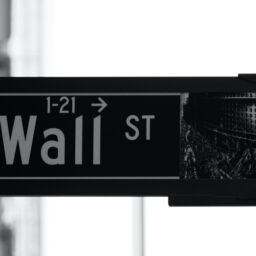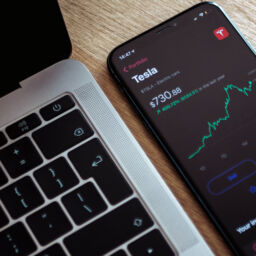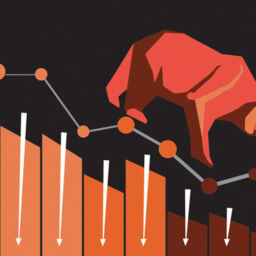
Elections have consequences. What may be the financial consequences of this election?
~By Michael Schmanske
A quick one to get my “vote” in before Election day.
Let’s lead with the topic du jour: Midterm Elections. These are less important to finance than the news will try to make it. I get it, news analysts need to analyze, haters gonna hate and pundits gotta pund. The American public gets (somewhat) motivated to vote by hyperbole surrounding the immediacy and importance of the election. Definitely go vote, it matters over the long term for society. But the reality is that it matters far less for the markets.
Taxes, regulation and energy policy are all important for the direction of our society and economy and that matters to earnings. But decision and implementation cycles are so long on legislative policy that any immediate market response is actually about anticipation and emotion, not about economic impact. We won’t see policy changing outcomes for many months by which time a hundred other things will have occurred.
Lesson: Don’t trade the elections (or wars, or other geopolitical issues) with your investment accounts. I can send you to some betting sites that are far more useful.
Our second topic of the day is completely different, but is top of my mind. Watching the financial news right now, everyone wants to know how high interest rates are going and what that means for a recession next year. Is the recession priced in? What will it do to earnings? Will we achieve a “soft-landing?” Is now a good time to invest?
WRONG QUESTIONS.
It’s not about the speed or the interest rate in March of 2023. It is important to know how high rates will go, but mostly how long they will be there until we cool inflation. There has been a lot of monetary excess pumped into the global financial system over the past 10+ years. The excess must be removed and that will take some time. Our greatest risk is that the Fed will need to keep rates at 6% long enough to create real fractures in government finances worldwide. Over the next year a lot of government bonds will come due. Watch municipal finances here in the U.S. starting in the spring and watch European bond markets as countries’ finances begin to drift away from one another.
Warren Buffet has a famous quote about the end of loose monetary policy. {It is} “Only when the tide goes out that do you discover who’s been swimming naked.”
The Central Bank needs to keep conditions tight enough to start causing pain in the economy where there is too much borrowing or leverage. Households are pretty well off, companies are widely divergent, but on average quite healthy. Banks are mostly clean this time around. 2023 will be the year we begin to worry if Governments are the ones who got over leveraged this time. I have no prediction as to the outcome of that. I think we’ll (hopefully) skate through without a major crisis. But I am fairly certain it will be a big topic of discussion, probably around the time that governments start realizing their tax revenues no longer include all of those juicy capital gains and investment income receipts.
Lesson: Don’t sweat whether earnings estimates are properly discounting the odds of a recession. Worry if a recession will generate cracks in the system in places we aren’t watching, and start watching them.
This creates another couple of class topics. Hunting for black swans. How do we prepare for things that are unpredictable? And global monetary policy—how the U.S. economy interacts with the rest of the world. These topics could be full courses unto themselves. If you have interest in these classes or others, fill out the form (button below) to get on the course list and tell me what to work on first.
…
Michael Schmanske is a 24-year Wall Street veteran with experience on trading desks and asset managers. He graduated with degrees in Aerospace Engineering from MIT and a Masters from Princeton University. Mike is the Managing Director for AngelMD Capital and runs research and Analytics at AngelMD where he is happy to exercise his inner nerd on a regular basis by supporting the most innovative entrepreneurs and cutting-edge medical startups.











